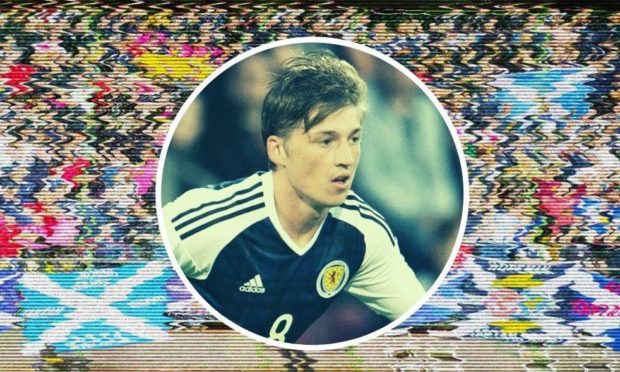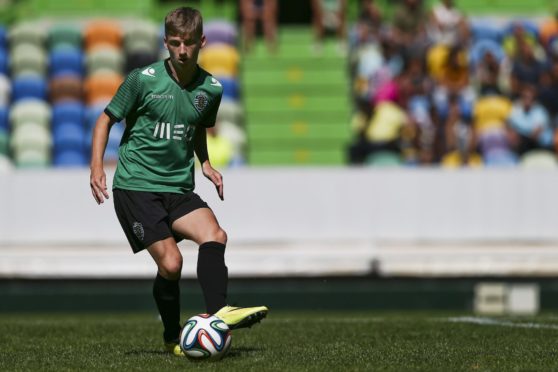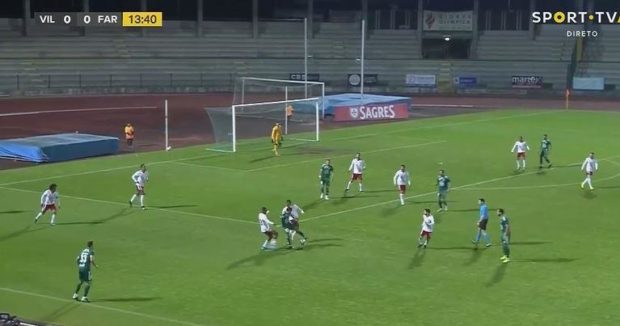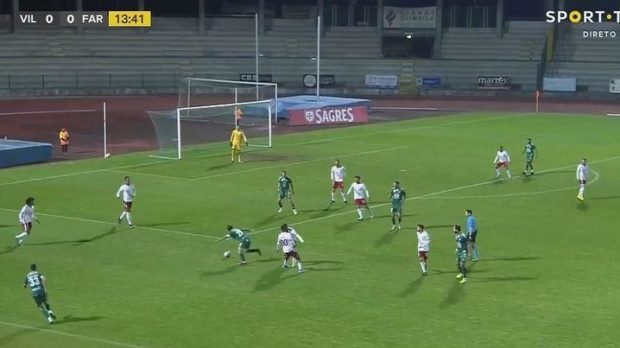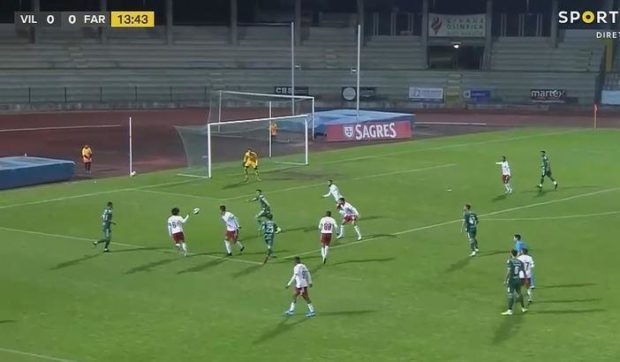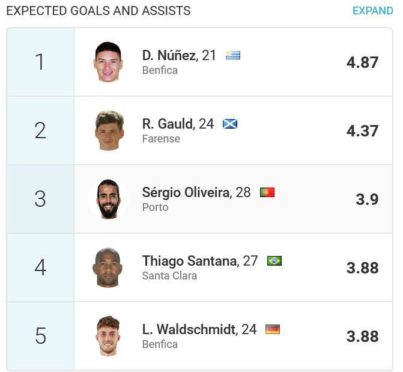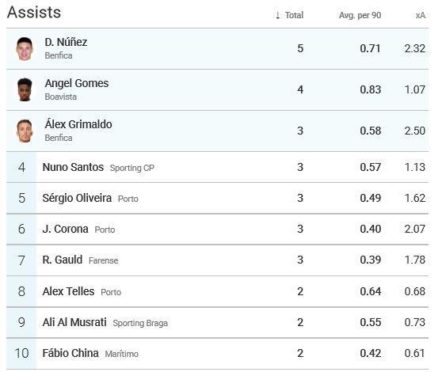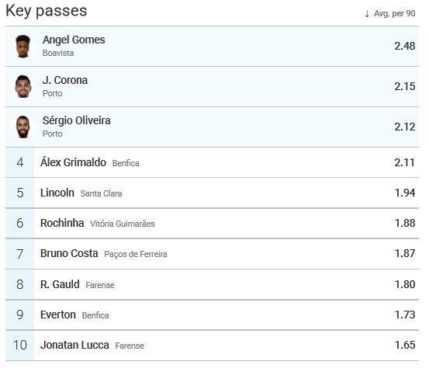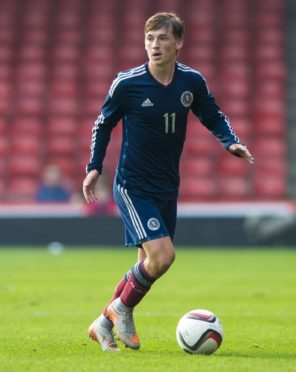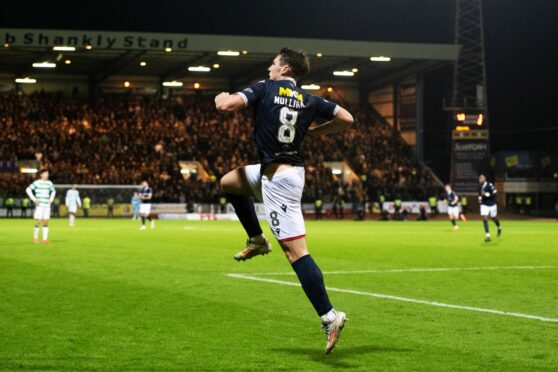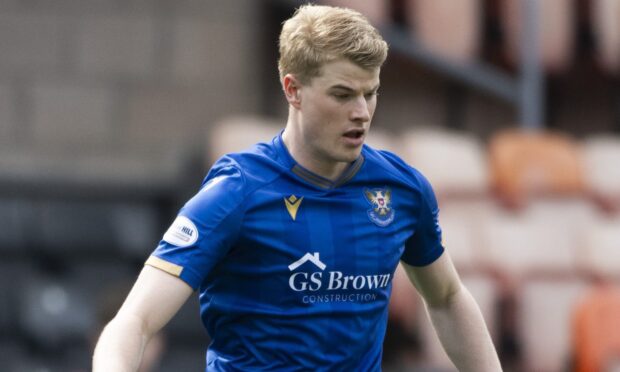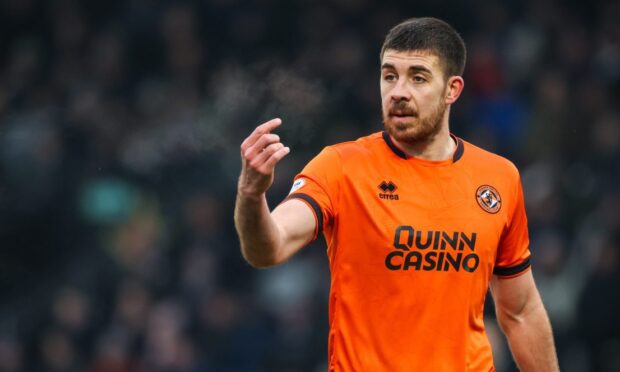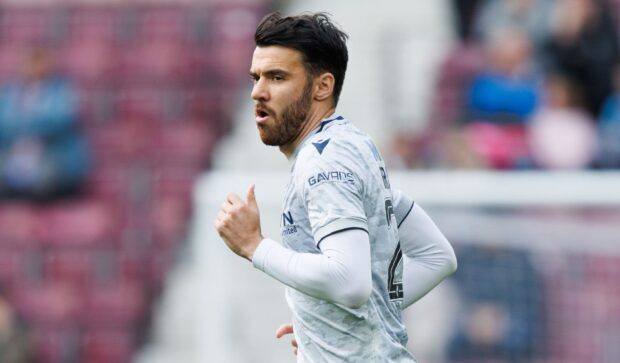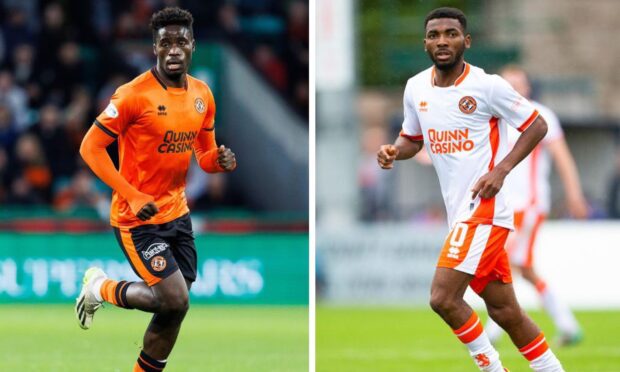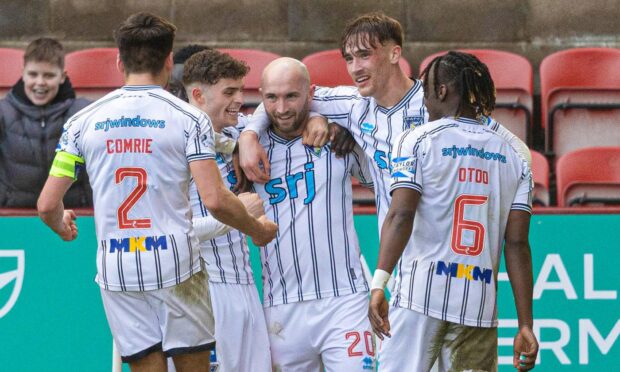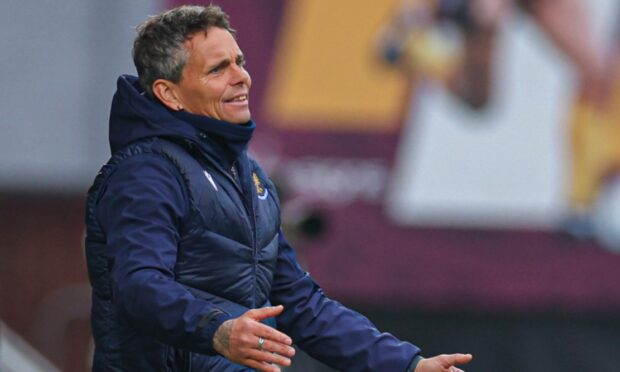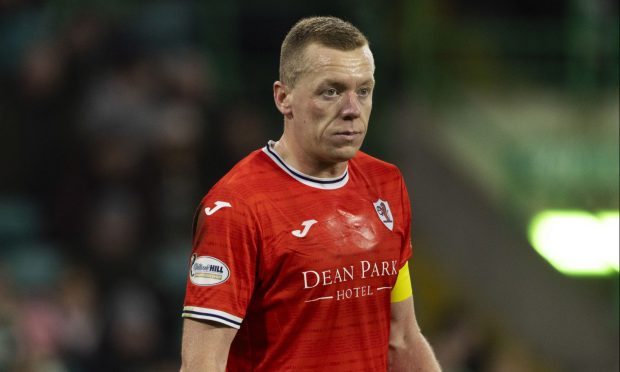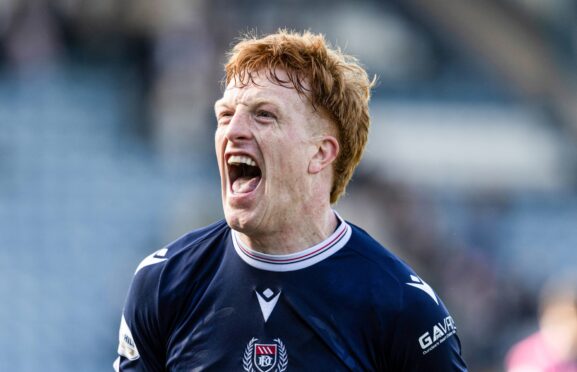It has taken longer than he would have hoped but former Dundee United teenage sensation Ryan Gauld is at last establishing himself as an elite performer in Portugal.
The man nicknamed ‘Mini Messi’, who was scouted by all the big clubs in Europe after breaking through at Tannadice as a 16-year-old, is starring in a recently-promoted Farense side.
With thoughts in Scotland already turning to which players can fight their way into the squad for next summer’s European Championships, Eric Nicolson charts the fall and rise of Gauld’s career and assesses his chances of catching Steve Clarke’s eye.
Over six years have passed since Gauld left Tayside for sunny Portugal. He’s still there so it must have gone pretty well then, yeah?
He’s back in the same division as he started, the Primeira Liga, but not with the same club. It’s been a long and winding road to return to the beginning, if you like.
When Sporting Lisbon paid over £3 million to sign arguably Scotland’s most talented and talked about young footballer back in the summer of 2014, slapping a ridiculously high 60 million Euros exit clause into his six-year contract, they didn’t spend that money with the expectation of Gauld becoming a top team regular in the first season.
But both player and club would have been frustrated that it didn’t happen in the second one – or at all, for that matter.
The statistic which best sums up a career that stagnated in Lisbon is that despite four loans spells – at Vitoria de Setubal, Aves, Farense and Hibs – and more recently around 30 games after signing permanently for Farense, his appearances for the Sporting B side still outnumber the accumulated total of the rest.
The reasons he barely featured for the Sporting first team?
The usual ones really – change of manager, injury, competition for places (at one point he had three midfielders who won Euro 2016 with Portugal in front of him) and no discernible strategy regarding where to and when he was being loaned out.
It was only when Gauld reluctantly accepted the Sporting dream was over, and dropped down to Portuguese second tier LigaPro with Farense, that it became clear those years hadn’t been wasted.
The trademark skill and touch were still there and, with an injury-free run in a team that used him as focal point whether that was from the left or in the middle, he blossomed.
Promotion, confirmed by the Portuguese football authorities during the coronavirus hiatus, was secured.
If there is one example of Gauld brilliance that will have United fans feeling all nostalgic it’s from a match against Vilafranquense shortly before lockdown.
Looking like he was guarded by two opposition midfielders and with no option but to move the ball backwards into the middle of the pitch, a Cruyff turn between the pair took them out of the game and a perfectly-weighted through-ball then set-up Gauld’s team-mate for a shot in the penalty box.
So what about this season?
You would anticipate Gauld shining in the second division (he was club top scorer) but making a name for himself in the sixth best league in the world would truly define whether he was at last truly realising his potential.
Good news – he is doing just that.
Farense have played seven games and been competitive in all of them.
Gauld, deployed as a number 10, has been their main man again. He has also been a points earner.
In their last game before the international break, Farense secured the first victory, a 3-1 defeat of Boavista.
Captain Gauld scored one and assisted another (he’s had three of the latter in total this season).
That sustained impact is now reflected in Wyscout’s expected goals (xG) and assists table, with Gauld in second place behind Benfica’s Uruguayan international, Darwin Nunez.
He has the joint third-highest total of assists (three), with Boavista’s Angel Gomes and Nunez the only players who have provided more.
Gauld, whose status at Farense is reflected in his duties on corners, free-kicks and penalties, is also ranked fifth in the league in the ‘best lateral forwards’ category.
He is eighth in the ‘key passes’ table.
Even if statistics aren’t your thing, watching videos of the 24-year-old in action tell you that this is a confident footballer who looks at ease in the company of technically impressive opponents.
When he was sold for £3 million to one of European football’s heavyweights you’d have expected a cap or 10 by now, wouldn’t you? What’s been the story with Scotland?
Between 2012 and 2016 Gauld reached double figures of appearances for both the Scotland under-19s and then the under-21s, scoring twice for both.
Playing for the full team felt as if it was a natural progression that would have been a matter of when rather than if.
Indeed, Gordon Strachan selected him for the Euro 2016 qualifiers against Poland and Georgia not long after he made the move to Portugal.
He didn’t play and the subsequent career drift, midfield turning into an area of strength and depth for the Scots in the last few years, and the ‘out of sight, out of mind’ factor have meant there has been no great clamour for that to change.
Will there be that clamour now Gauld is starring in Primeira Liga?
Clamour would be over-egging it a bit but there is no doubt that he deserves to be name-checked when people are talking about Clarke’s 23-man squad for the European Championships Scotland have just qualified for.
Clarke is a thorough and diligent head coach and he will probably already be gleaning all he can about Gauld’s early season performances, the role he is playing in the Farense team, whether his strengths are different from other players who have been in recent squads and, perhaps most importantly, whether he thinks those strengths are transferable or desirable.
You would like to think he’ll take in a game or two himself in the Algarve over the next few months.
Gauld still has ground to make up but if he can put in a man of the match performance against one of Portugal’s giants, like his old club Sporting, he’ll eat that up in one go.
Then ‘clamour’ might be the right description after all.
Who are the players he would have to oust and what chance do you give him?
When Gauld got his first call-up the creative midfield types ahead of him in the pecking order were Barry Bannan, Craig Bryson, Chris Burke, Graham Dorrans, Shaun Maloney and James Morrison.
These days it’s John McGinn, Callum McGregor, Stuart Armstrong, Kenny McLean, Ryan Christie, John Fleck and maybe even Billy Gilmour.
You could flip a coin for which of those groups is stronger.
The fact that the pre-Euro internationals are World Cup qualifiers doesn’t work in favour of Gauld.
Christie and Fleck are the two 10s, with the former assured of his selection. Fleck has been injured of late but hasn’t taken his chances when given a start by Clarke and it isn’t beyond reason to envisage Gauld leapfrogging the Sheffield United man in the pecking order.
The fact that the pre-Euro internationals are World Cup qualifiers doesn’t work in favour of Gauld, or anybody else who wants to emerge from the shadows before June. Clarke will be more risk averse than had there been a run of friendlies in the spring.
The likes of Declan Gallagher and Andy Considine have shown how quickly established plans can change, however.
Getting his chance after the finals is a likelier scenario for Gauld, by which time he may well have been snapped up by a bigger club than Farense.
Don’t, though, rule out a combination of his own irresistible form and injuries to others opening the door even earlier.
Gauld is in left-field for Euro 2020 but by no means is he hugging the touchline.
